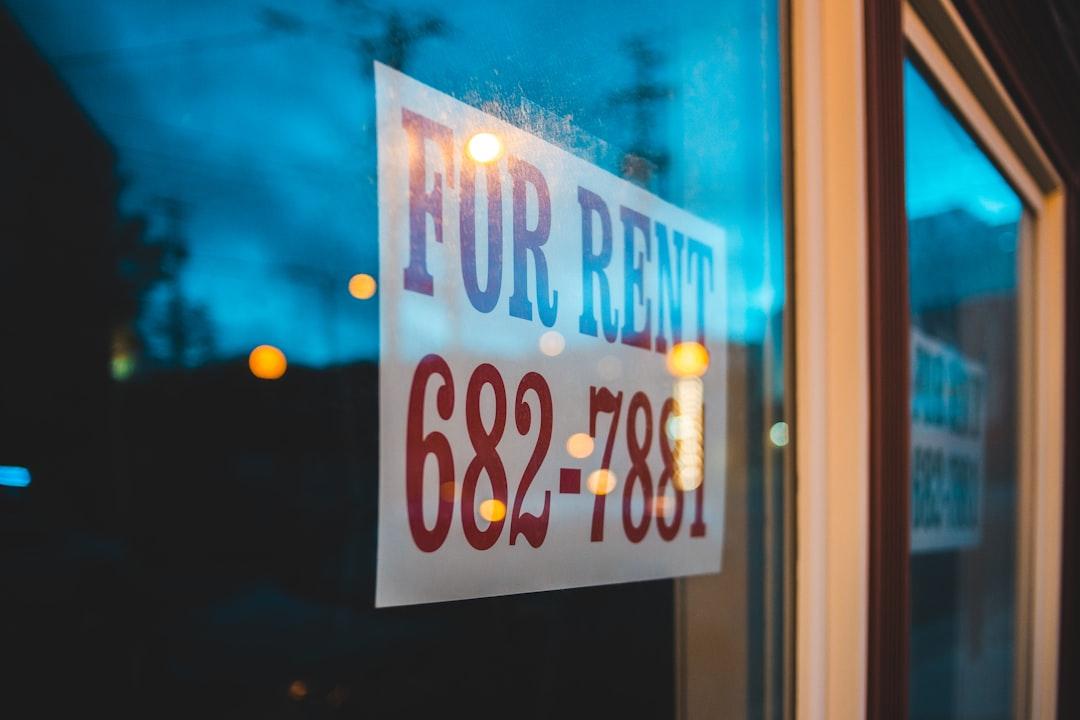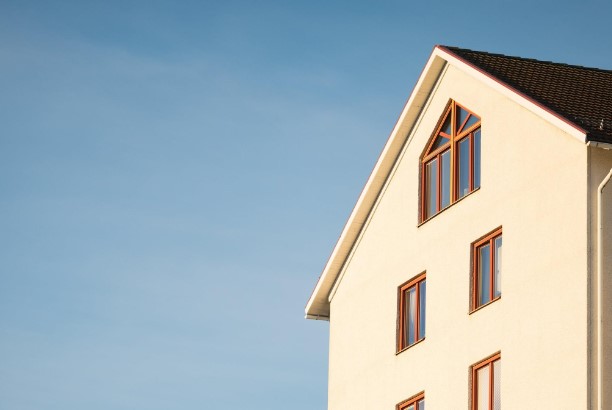Navigating the intricacies of HVAC maintenance in rental properties can be a complex dance between tenants and landlords. Understanding who holds responsibility for what aspect of HVAC care can stave off disputes and ensure the system's longevity and efficiency. This overview aims to demystify the sometimes blurred lines between tenant and landlord obligations. By clarifying these responsibilities, we can promote a healthier living environment, reduce unnecessary costs, and foster a positive landlord-tenant relationship.
Landlord Responsibilities
As a landlord, it is your legal and ethical duty to ensure that the HVAC system in your rental property is functioning properly. Let's take a closer look at what this entails.
Major Repairs and Replacements
Under most state laws, landlords need to invest in major repairs and replacements of the HVAC system. Especially the furnace and air conditioning units, as these are considered long-term investments for the property. This includes any necessary repairs to the ductwork and piping that are part of the HVAC system. If you are looking for a furnace repair company in your area, learn more about your available options. After all, hiring a qualified and experienced HVAC technician is a must for timely and efficient repairs.
System Installation
Before tenants move into the property, it is the landlord's responsibility to ensure that the HVAC system is properly installed and functioning. You need to provide the tenants with a safe and comfortable living space, and this starts with the proper installation of the HVAC system.
Although you might want to tackle this project yourself to save costs, it is highly recommended to hire a professional HVAC technician for the job. You don't want to risk improper installation leading to costly repairs and potential safety hazards for your tenants.
Yearly Maintenance
Landlords are also responsible for scheduling and paying for yearly maintenance of the HVAC system. Think about it as a routine check-up for the health of your HVAC system. Regular maintenance ensures that the system is functioning at its optimal capacity and can identify any potential issues before they become major problems.
During yearly maintenance, an HVAC technician will typically clean and inspect all components of the system, replace filters, and make any necessary adjustments or repairs. Don't forget to keep records of these maintenance visits as they can serve as proof of your diligence in caring for the HVAC system.
Tenant Responsibilities
Just like any other appliance or feature in a rental property, tenants also have responsibilities in terms of care and maintenance of the HVAC system. Here's what they are expected to do.
Regular Cleaning
Most importantly, tenants are responsible for regularly cleaning or replacing the HVAC system's air filters. Clogged or dirty filters can lead to reduced efficiency, higher energy bills, and even cause damage to the system.
Tenants should also be mindful of keeping the area around the outdoor unit clean and free from debris, such as leaves and other obstructions. It's always a good idea to remind tenants of these responsibilities and provide guidance on how often the filters should be cleaned or replaced.
Reporting Issues Promptly
If tenants notice any issues with the HVAC system, such as strange noises, unusual smells, or lack of proper heating or cooling, they should report them to the landlord immediately. Prompt reporting can prevent minor problems from turning into major repairs and ensure that the living environment remains safe and comfortable for everyone. Your landlord-tenant agreement should clearly outline the process for reporting maintenance issues and how they will be addressed.
Using the System Responsibly
Tenants must utilize the HVAC system responsibly to prevent undue wear and tear, including adhering to recommended temperature settings and avoiding sudden, extreme temperature changes that can stress the system. Educating tenants on efficient use, such as leveraging programmable thermostats and minimizing system use when the property is unoccupied, can significantly contribute to the HVAC’s longevity.
Landlords must provide tenants with a basic guideline or manual on the operation of the HVAC system, highlighting practices that promote energy efficiency and system care. Such proactive measures can ensure a healthier HVAC system while fostering a cooperative relationship between tenants and landlords, centered around mutual respect and care for the property.

The symbiotic relationship between tenants and landlords in the context of HVAC maintenance is paramount for the health and efficiency of the system, as well as the comfort and safety of the occupants. By clearly delineating and adhering to their respective responsibilities, both parties can prevent disputes, save on unnecessary costs, and ensure the longevity of the HVAC system. A proactive and cooperative approach to HVAC maintenance promotes a positive landlord-tenant relationship and contributes significantly to a sustainable and energy-efficient living environment.










